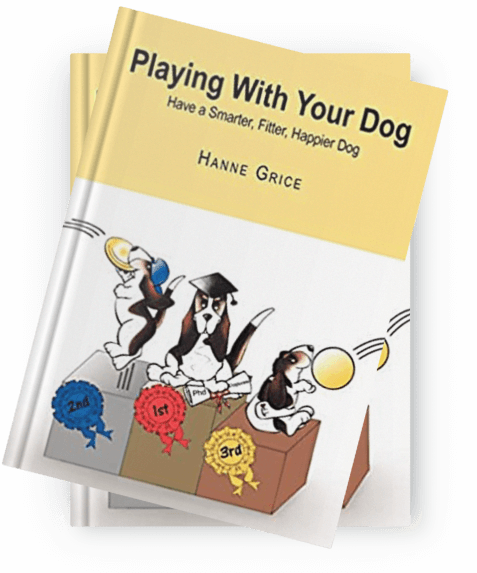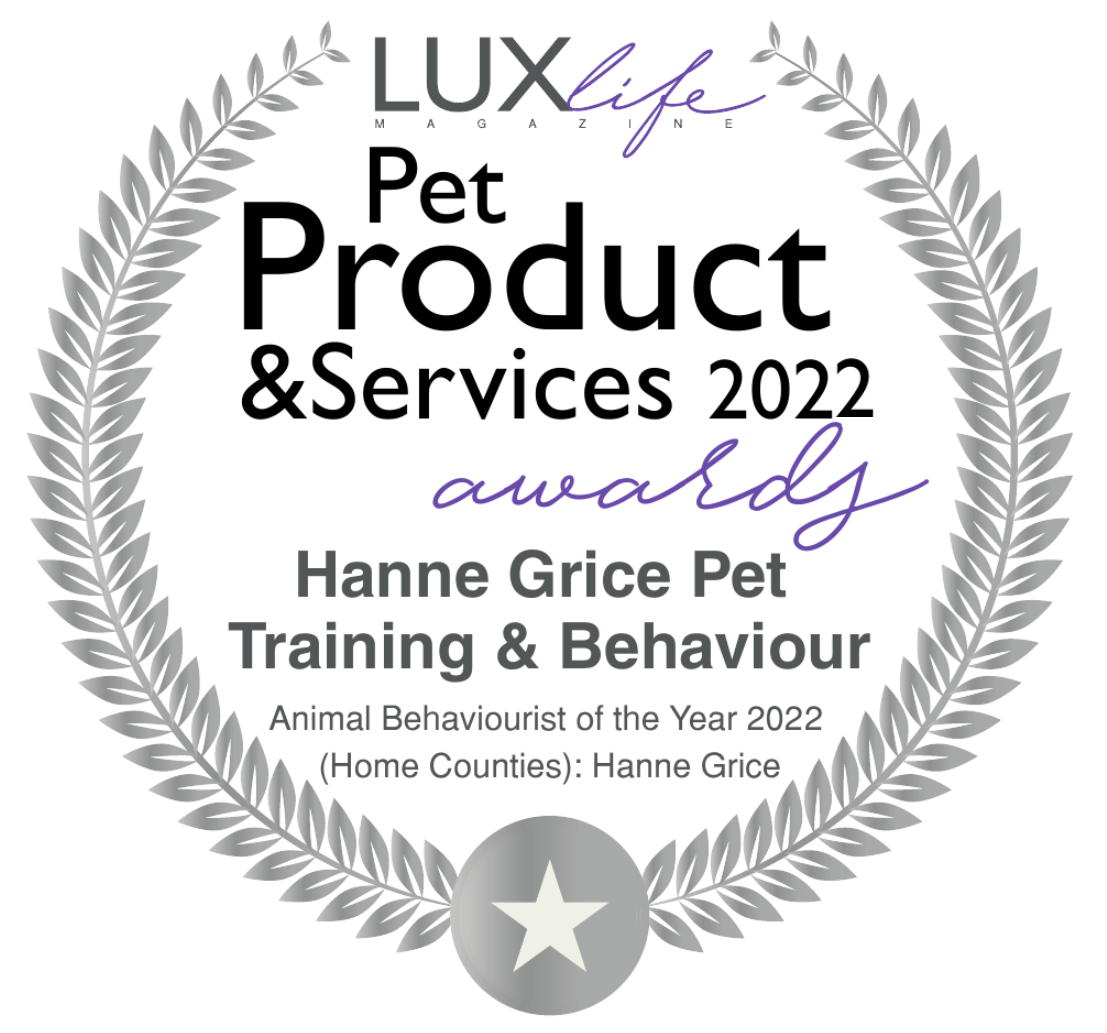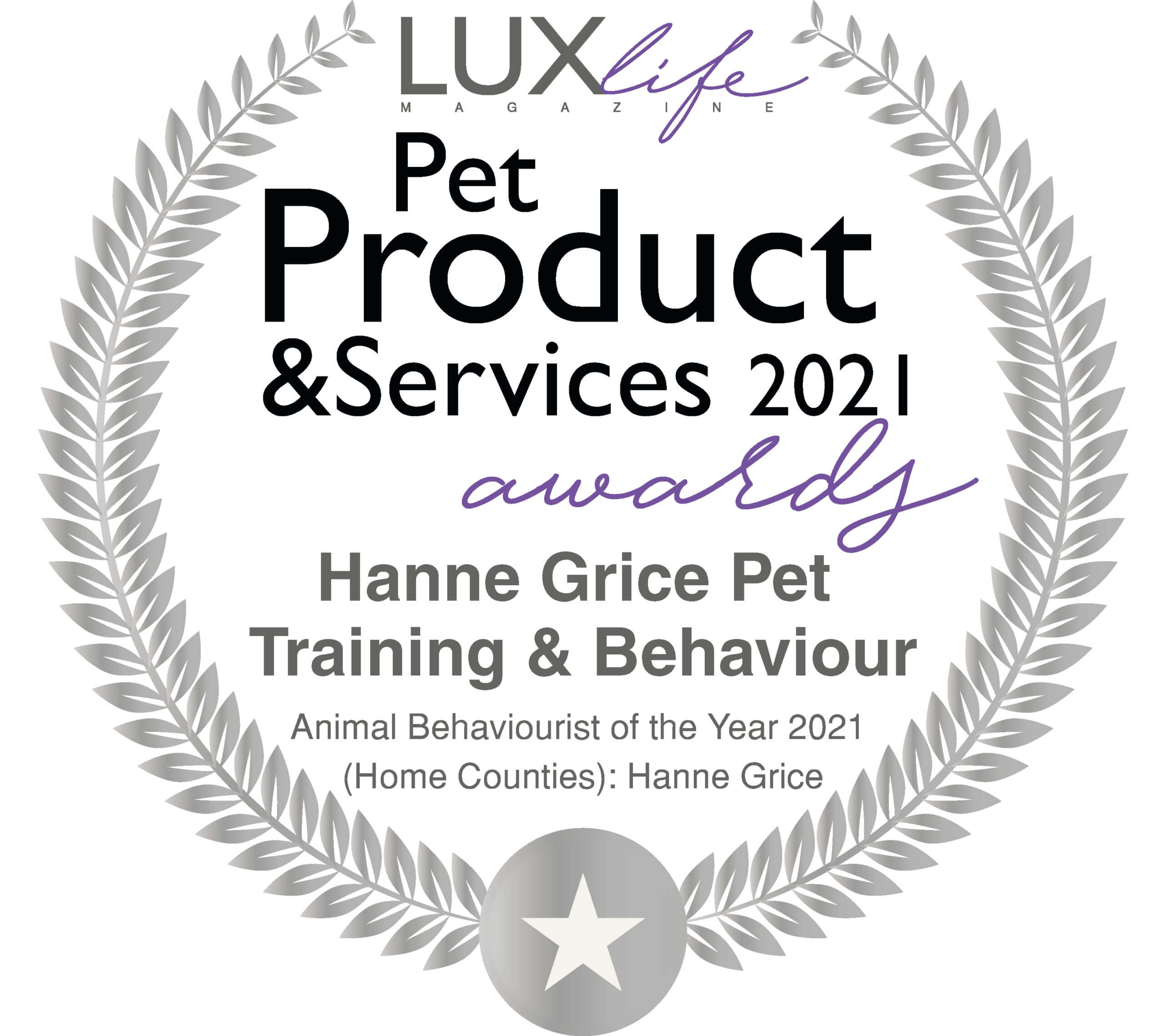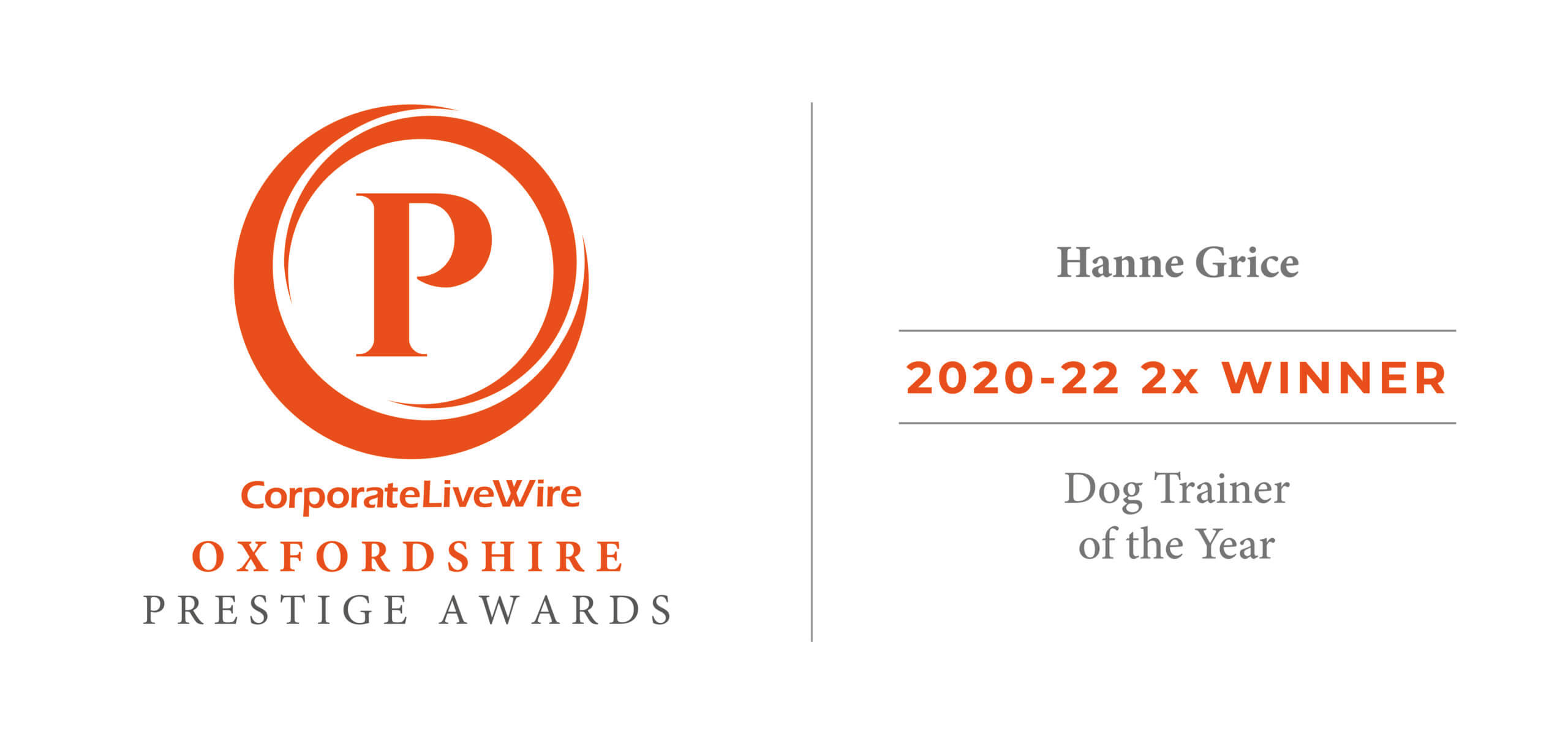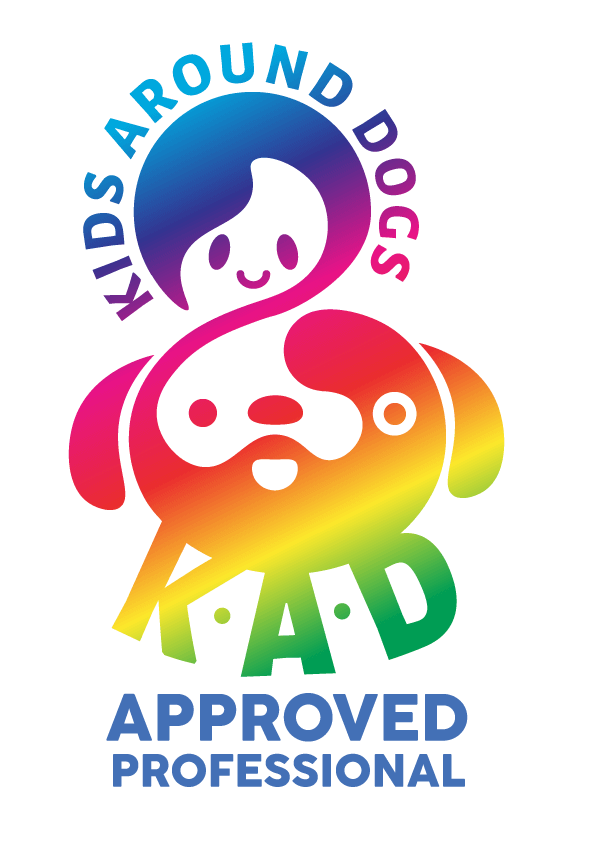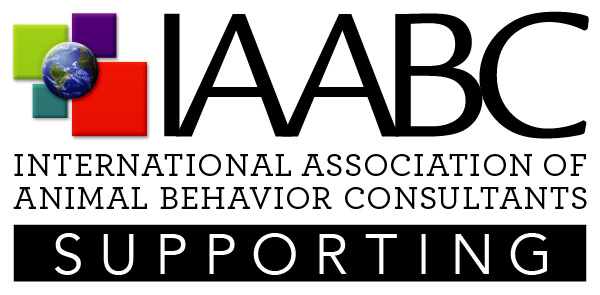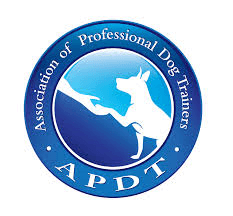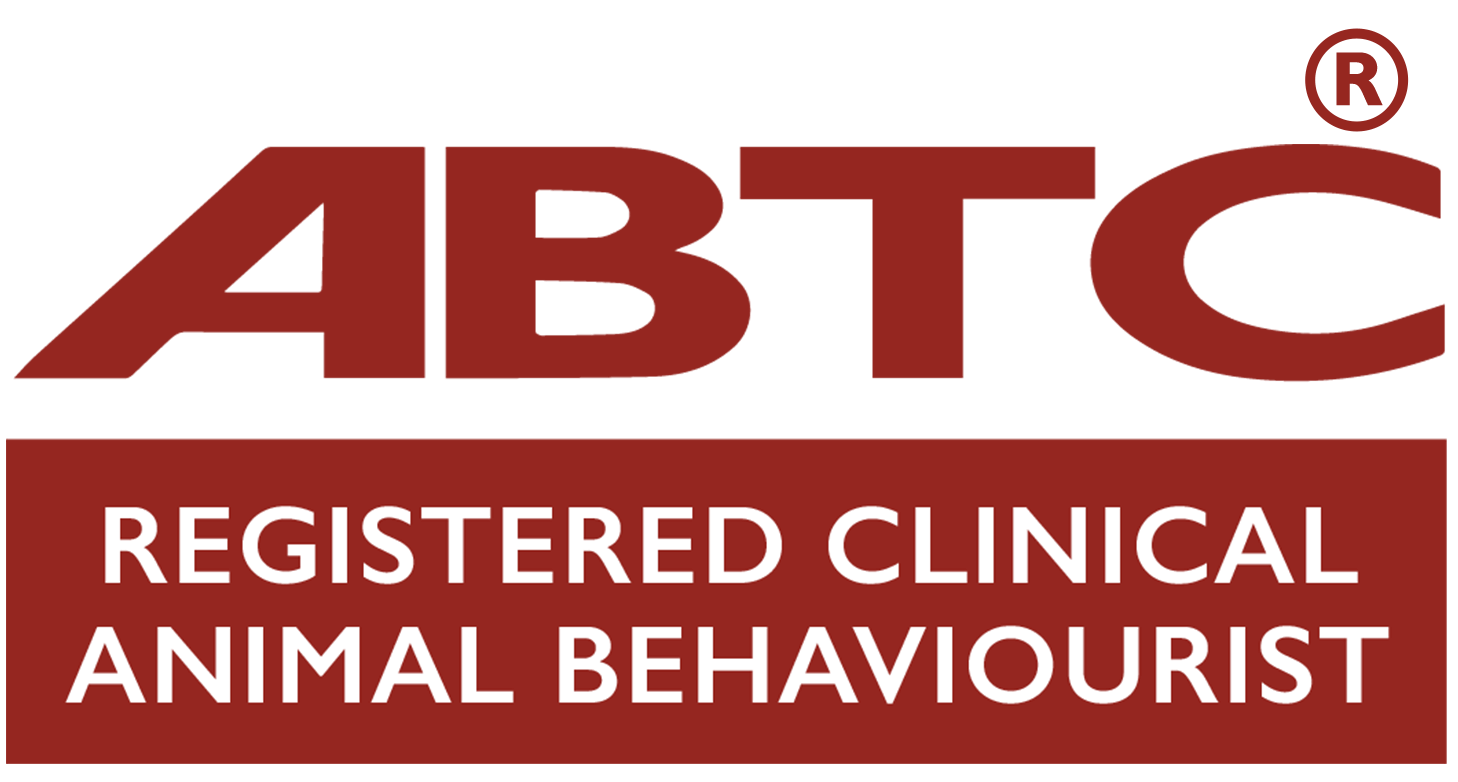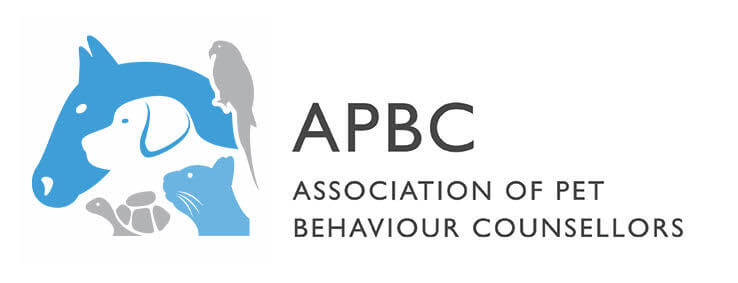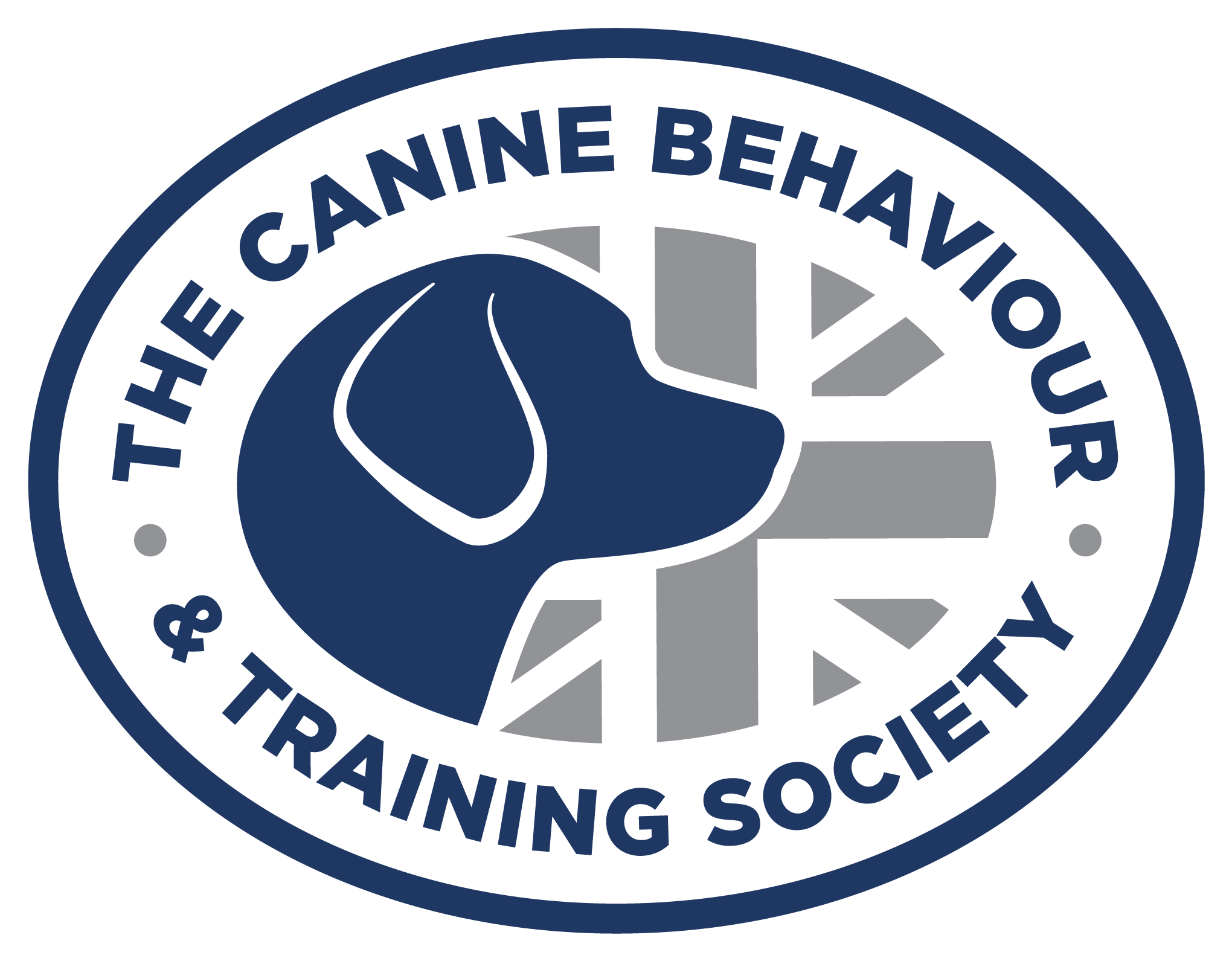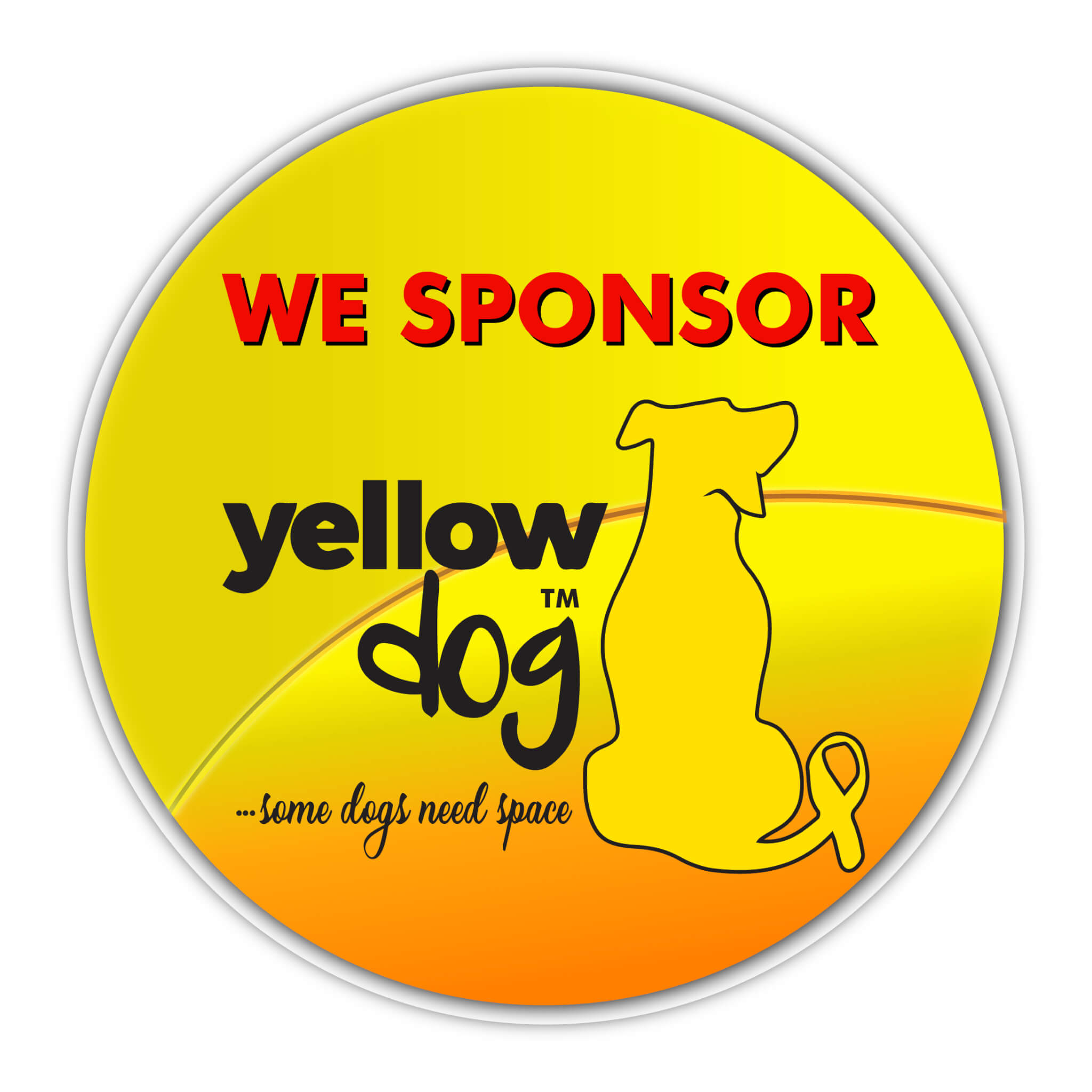One of the most common problems owners speak to me about is their dog’s habit of eating poop. Known as coprophagy, this behaviour can be extremely upsetting as even the most tolerant owners find this habit disgusting, making their otherwise affectionate dog repulsive. Consequently, poop-eating can impact the owner-dog bond.
Although there are various theories as to why dogs eat poop, there is no universally accepted explanation. That’s why Hare et al. (2018) recently conducted a study to investigate the issue. Over 1,500 dog owners participated and the team found 16% of dogs were frequent stool eaters. However, this study showed no association to diet or compulsive behaviour. What was surprising was that most poop-eating pooches, typically, only ate fresh stools – leading to foul smelling breath. The results also suggested that none of the 11 commercial products currently available and marketed for reducing this problem worked, nor were various behaviour modification techniques. These findings were presented at the recent International Society for Anthrozoology 2018 conference.
In my dog training experience, practical management of the dog’s environment (such as avoiding walking in heavily soiled areas and keeping the dog on the lead) together with training solid ‘leave it’ and recall behaviours can be effective in tackling coprophagy.
The researchers concluded that poop eating is most likely an adaptive behaviour, having evolved to prevent intestinal parasites in ancestral wolves. And, that’s why our four-legged friends have retained this innate behaviour.
If you’re experiencing problems with a poop-eater and want help, do get in touch.
Learn more about our classes
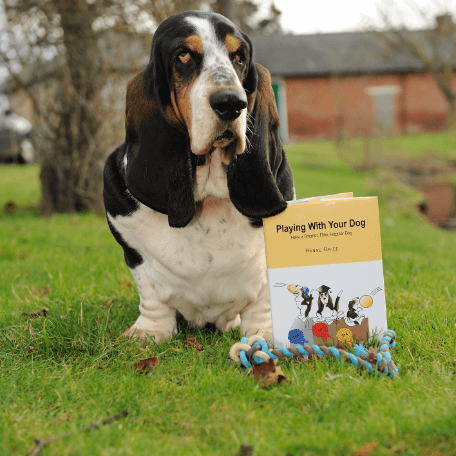
Get Hanne's Book
Playing With Your Dog will help any dog owner work out the games that are best suited for their pet to play throughout his life, from puppyhood to old age. The book also shares some tricks for all ages, group activities, and recommended toys that dogs will enjoy.
